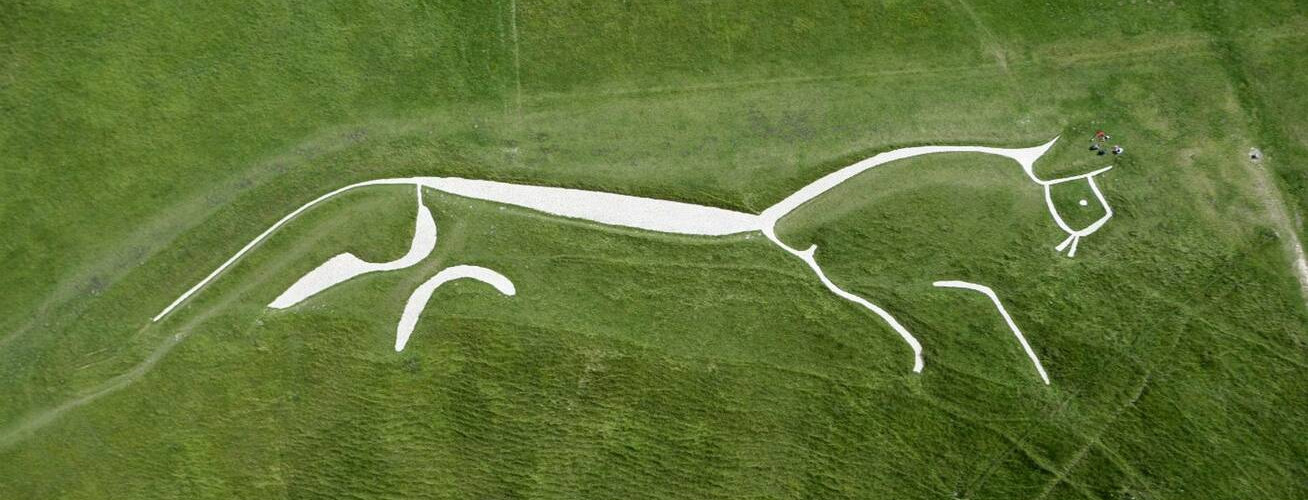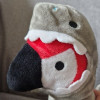
Archivist in Leiden, the Netherlands. Loves and is interested in many things (history, art, birds, palaeontology, nature, tattoos...).
Is #ActuallyAutistic 🏳️🌈 🦤
Toots in English en soms in het Nederlands.
Description of header: view of the White Horse of Uffington from the air.
Description of profile pic: the head of a plushy puffin in a shark costume.
This profile is from a federated server and may be incomplete. Browse more on the original instance.
